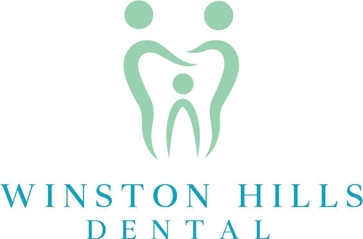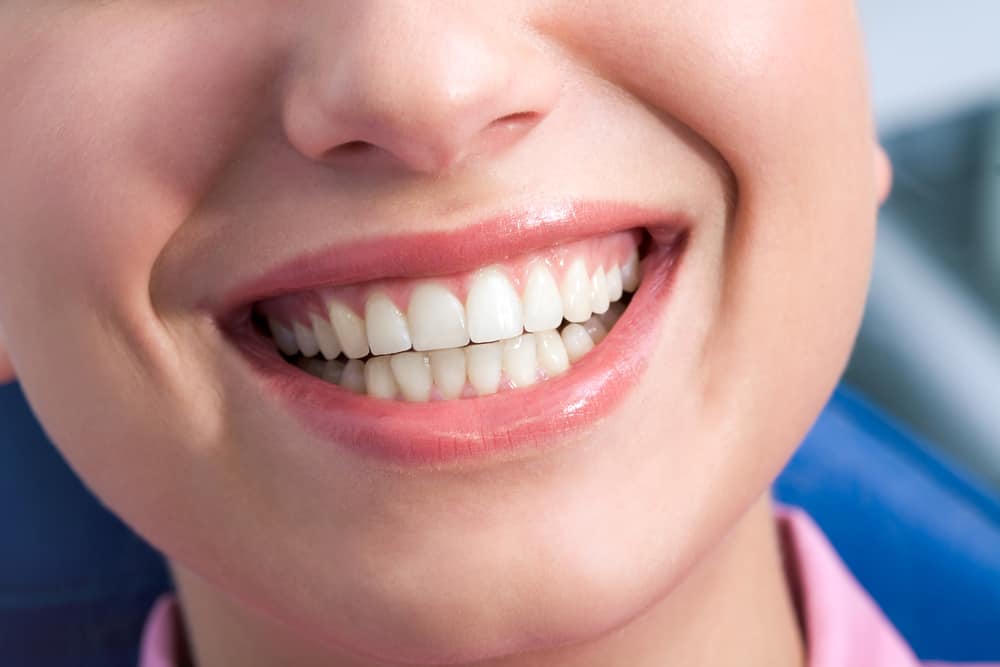The state of one’s dental health is an integral part of overall well-being. A smile is a gesture of joy and happiness and a sign of good health and self-confidence.
Dental crowns are a viable option for those seeking to preserve their smile and protect their teeth from further damage. This article will discuss the reasons for getting a dental crown, the different types of crowns, and their advantages and disadvantages.
Further, it will explore viable alternatives to crowns.
What is a Dental Crown?
A dental crown, also known as a cap, is a type of restoration that covers the entire visible portion of a tooth. It is designed to be aesthetically pleasing and to protect a damaged tooth from further decay and wear. Dental crowns can be either temporary or permanent. Temporary crowns are usually made from acrylic and are used as a temporary measure while a permanent crown is being made. Permanent crowns are usually made from ceramic, porcelain, metal, or composite resin. Dental implants, root canal treatment, and dental bridges are other treatments that may require the use of a dental crown.
A dental crown can help preserve a natural tooth damaged from decay or trauma. By covering the entire visible portion of the tooth, a dental crown can help protect it from further damage and restore it to its original shape and form. Likewise, dental crowns are often used to replace a missing tooth, as a part of a dental bridge or in combination with a dental implant.
Dental crowns come in various materials, such as ceramic, porcelain, metal, or composite resin. Each option has its advantages and disadvantages, so discussing the best option with your dentist is important. Ceramic crowns, for example, closely resemble natural teeth and are highly resistant to staining. In contrast, metal crowns are more durable and may be a better option for teeth that experience a lot of wear and tear.
Reasons to Get a Dental Crown
Receiving a dental crown can provide numerous benefits in terms of protecting a damaged or weakened tooth. Crowns can restore teeth that are decayed, broken, or weakened by a large filling. They also cover and protect a tooth after root canal therapy. Here are some of the main reasons why a patient may benefit from getting a dental crown:
- Different types of crowns are available, including porcelain-fused-to-metal, all-porcelain, and stainless steel crowns. Depending on the patient’s needs, the dentist can choose the type of crown that best suits the situation.
- Crowns can cover the entire tooth, which helps to strengthen and protect it from further damage or decay.
- Some types of crowns, such as same-day crowns, can be placed in one visit, making the process more efficient.
- Proper care and regular dental visits are important to maintain good oral health and extend the crown’s life.
Different Types of Dental Crowns
Various materials can be used to construct dental crowns, including porcelain-fused-to-metal, all-porcelain, and stainless steel. Porcelain crowns are the most popular type of dental crown and are designed to blend seamlessly with the surrounding teeth. They are made of a combination of porcelain and metal and are strong enough to protect the tooth from further damage. All-porcelain crowns are made entirely of porcelain and offer a natural-looking appearance. They are also less likely to cause an allergic reaction than porcelain-fused-to-metal crowns. Stainless steel crowns are made of a metal alloy and are often used as temporary crowns. They are a cost-effective solution for dental care and can be quickly and easily placed during a single visit.
When getting a dental crown, a digital tooth impression is taken and sent to a laboratory for fabrication. This process is much faster and more accurate than the traditional method of taking an impression with putty or wax. A digital scanner is used to capture a 3D image of the tooth, which is then used to create a tooth-shaped cap. The crown is also custom-made to fit the shape and size of the patient’s tooth.
Dental crowns can help restore the chewing surface of a damaged tooth and protect it from further damage. They also reduce the risk of infection by covering and sealing the tooth. In addition, crowns help maintain the overall health of the teeth by providing support and preventing damage from sticky foods. Dental crowns are a great way to restore the beauty and function of your smile and are one of the most common dental restorations.
Advantages of Dental Crowns
Dental crowns offer many advantages to those with damaged teeth. They can increase the strength and stability of the affected tooth, restore its natural appearance, and provide protection from further damage. For those with weak or decayed teeth, a dental crown can help to restore the tooth to its normal function and prevent further damage.
Dental crowns also come in a variety of materials, such as resin, zirconia, and metal. This variety of materials can help match the existing teeth’ colour. Additionally, crowns can help to protect adjacent teeth from gum disease and decay.
When a dental crown is placed, the existing tooth is prepared, and the crown is then placed over the tooth and secured with dental cement. This helps to prevent further damage to the existing tooth and can also help to improve the appearance of discoloured or misshaped teeth. Dental crowns can also help protect adjacent teeth from damage and decay.
Disadvantages of Dental Crowns
Although dental crowns offer many advantages, they can also have some disadvantages. One of the main disadvantages of dental crowns is the potential for an allergic reaction to the materials used. Porcelain crowns are generally the safest option for people allergic to metallic crowns, such as gold or silver.
Additionally, the placement of a dental crown often requires a root canal to prepare the tooth for the crown. The dental crown procedure can be uncomfortable for some patients and may require additional treatments to manage any resulting issues.
Furthermore, dental crowns may not match the natural colour of the adjacent teeth, requiring additional treatments to fix the issue. Additionally, some people find dental crowns are more expensive than other treatments, such as dental fillings, when restoring the tooth.
However, it is important to consider the long-term benefits of having a crown compared to other alternative treatments and to discuss these options with your professional dentist when developing a treatment plan.
Alternatives to Crowns
Restoring teeth may require alternative treatments to dental crowns. Sometimes, a loose crown may require a temporary measure to maintain its core structure until a permanent solution can be provided. Other cases may involve discoloured teeth, which can be whitened with special care and attention to preserve their natural appearance. In addition, healthy tooth structure can be restored with custom crowns or all-ceramic crowns to bring teeth back to their normal shape and colour.
When deciding between dental crowns and alternative treatments, it is important to consider the cost and the amount of time needed for the treatments. All-ceramic crowns are popular since they are more affordable and look natural. Other treatments may require additional care and expertise to achieve the desired result.
Ultimately, the best solution for preserving your smile will depend on the details of your individual case. To make an informed decision, discussing the options with your dentist is important. They will be able to provide advice on the best dental treatments for your specific situation.
Key Takeaways
A dental crown is an effective way to save a damaged or decayed tooth while preserving the smile’s overall appearance. Crowns come in various materials, each with its own advantages and disadvantages.
A dental crown is a reliable option for restoring a tooth and ensuring it remains healthy and strong. Although there are alternatives, a dental crown is the best way to ensure the tooth remains intact for years, allowing for a beautiful, timeless smile.
With proper maintenance and care, a dental crown provides a long-lasting solution, allowing you to smile confidently.
If you are in Winston Hills, NSW and are looking for a reliable option to restore your tooth, Winston Hills Dental is the place to turn to. Our experienced dentist in Winston hills offers a variety of options for restoring damaged or decayed teeth, including dental crowns. With us, you can rest assured that you’ll get the highest quality care and lasting results. Contact us today to learn more about how a dental crown can benefit your smile!

